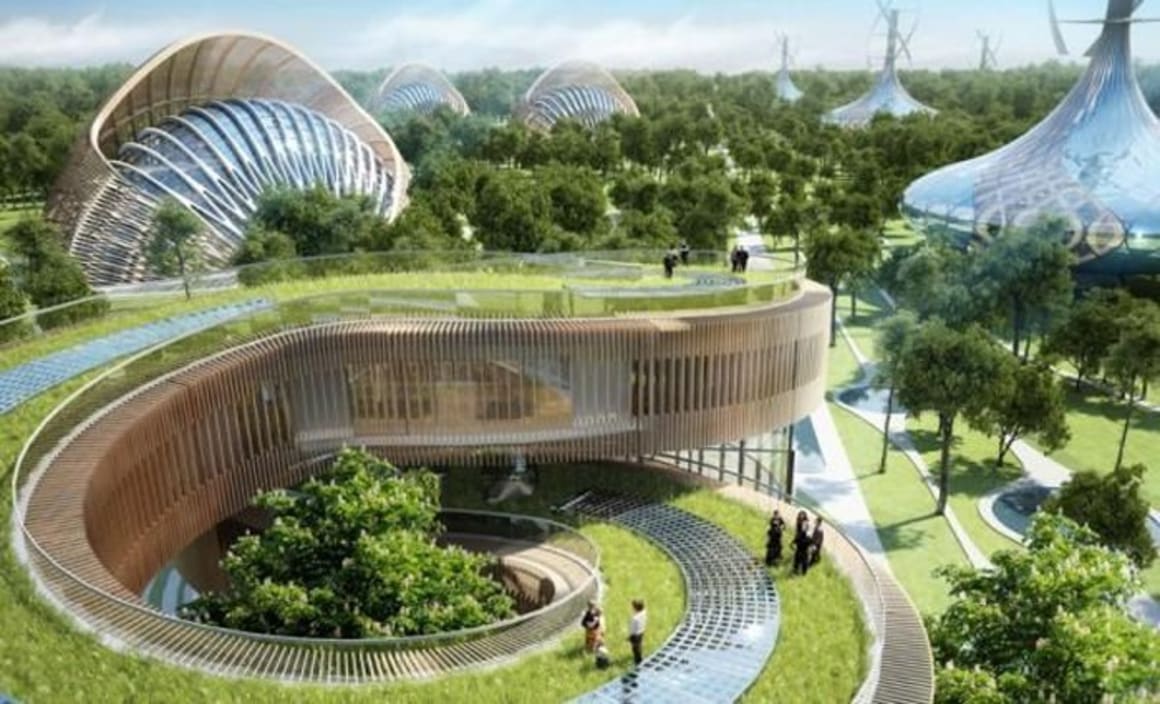Future staff to disregard high-end ‘trophy’ workplaces: JLL

Nearly all respondents to JLL’s Future of Work survey believe the ability to co-work with other businesses and entrepreneurs as the most important factor in the design of the future workplace.
According to the survey, creating a high-end ‘trophy’ workplace is the least important element of workplace design, with only 13 percent of participants interested in working in such an environment.
Some 81 percent of participants said in the future, people would work, live and play within ‘eco campuses’.
Releasing the survey at yesterday’s TEDx Sydney event at the Opera House, JLL’s Australian head of property & asset management, Richard Fennell, said the survey results show clearly that people want more from their cities, the built environment and their office interiors.
“We tend to think of cities as collections of buildings and roads, but they are, first and foremost, collections of people. Successful cities are cities that not only meet our material human needs, but promote the social connectedness and relationships that are critical to our well-being,” he said.
“From the city perspective, the desire is for more seating and shared spaces to connect people, more landscaping and greening of buildings and more ways to work and be open to the natural elements. We see this translating to buildings having access to natural elements and fresh air. And exploring ways to have more intermittent space halfway between inside and out.
“Other ways to achieve more of a work/life balance would be to incorporate ‘nature paths’ within built structures to relax and encourage interaction.
"It could even include having ‘walking meetings’ and using walking tracks throughout buildings.
“The importance of well-being and the role that active placemaking plays in fostering and realising its success is a phenomenon that has transitioned from fringe to mainstream in only a few short years.
“Placemaking is now actively embraced throughout the property industry. The role of tall buildings in creating and sustaining environments which foster community engagement, social interaction, personal and professional collaboration, and lifestyle choices, is the new standard expected by occupants, be they office workers, residents or the general public.
“The recognition that this is an imperative for tall buildings is becoming entrenched and mainstream.”